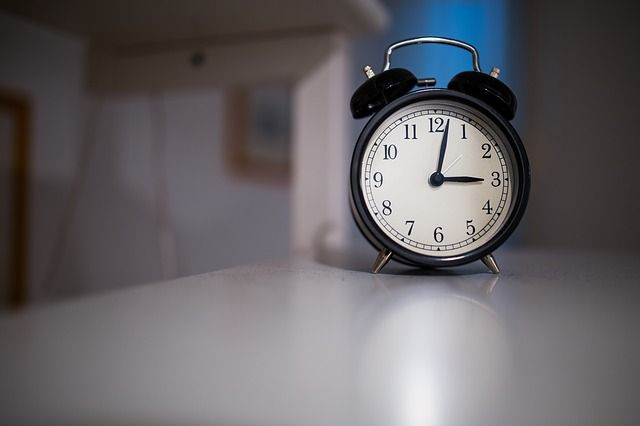What Is Secondary Insomnia? Key Things To Know About Sleep Problems

For the estimated one-third of us who experience at least the occasional bout of insomnia, the nights of tossing and turning can be as perplexing as they are aggravating. “Why can’t I sleep?” we might ask in clenched frustration.
As it turns out, there are plenty of easily spotted reasons why, at least for most cases. That’s because insomnia typically comes in two flavors: primary and secondary insomnia. Let’s take a brief look at the differences between the two.
One Of Many Causes
As might be obvious given its name, primary insomnia is what doctors call a case of unwanted sleeplessness with no other apparent health problems coinciding with it. Secondary insomnia is the exact opposite.
The vast majority, upwards of 80 percent, suffer from secondary, their sleeping ability disturbed or worsened by something else, according to the American Sleep Association. In that sense, it’s more of a side-effect than an actual condition. A short, but not complete, list of causes includes:
Chronic pain
Asthma or other breathing problems like sleep apnea
Depression and other mental disorders
Certain medications or drugs, including caffeine and tobacco
An overactive thyroid
Dementia and Alzheimer’s Disease
Heartburn
Hypertension
The good news is that managing or treating these conditions can help treat the insomnia. The opposite is also true: Getting a better night’s sleep will inevitably help us better deal with whatever health issue we’ve facing.
For the unlikely few who develop a persistent insomnia that comes out of nowhere and doesn’t go away, though, there’s less help to offer. We don’t quite understand why these individuals become insomniacs, though there’s some evidence that they may be uniquely vulnerable. And major life changes, including radical shifts to our work or travel schedules or the death of a loved one, can trigger it.
Thankfully, there are some available treatments for even chronic cases of insomnia, ranging from specialized therapies that try to train your mind and sculpt your behaviors to better fall asleep, to newly developed drugs like suvorexant that induce sleepiness. Antidepressants and antihistamines have also been shown to be moderately effective.
Of course, no one drug or therapy is foolproof, especially since prescription drugs like Ambien can carry their own substantial health risks. So for those of you struggling to stay asleep, the best thing to do is work together with your doctors to figure out what can work best for you.
Read More:
Psychotherapy Is Better Than Sleeping Pills For Insomnia Treatment: Report. Read here.
Have Insomnia? Researchers Identify Brain Circuit Responsible For Wakefulness, Sleep. Read here.



























